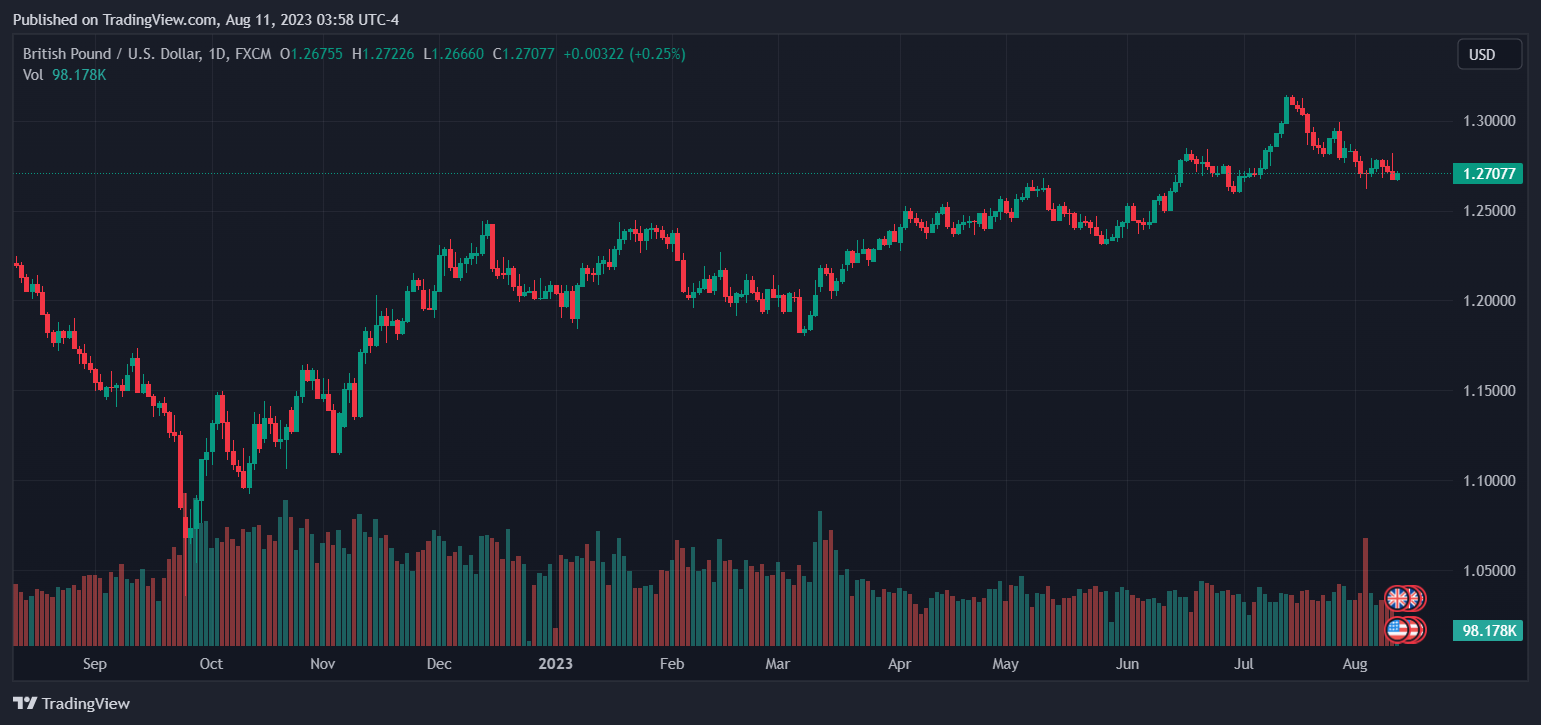UK GDP GREW BY MORE THAN EXPECTED IN JUNE
OVERNIGHT
President Biden signed an executive order restricting some US investments in China, including into technology surrounding semi-conductors and artificial intelligence. Chinese equity markets fell on the news. Energy commodity prices rose with oil prices nearing a 2023 high and gas prices surging the most since early 2022 following news of possible industrial strikes in Australia impacting around 10% of global LNG exports. Meanwhile, the UK RICS house price balance fell to -53 in July, its lowest since March 2009, reflecting subdued demand in the domestic housing market.
THE DAY AHEAD
Just released UK GDP data showed that the economy grew by a faster than expected 0.5% in June after falling by 0.1% in May. The rebound was led by a 1.8% rise in industrial production and a 1.6% gain in construction, while services output grew by a more modest 0.2%. Much of the rebound is due to May’s outturn being depressed by the extra bank holiday for the King’s coronation. There also seems to have been a boost due to less days lost to strikes than in previous months. However, there also looks as though there has again been some underlying growth, albeit modest, in output. The big question of course is whether that will continue to be the case in the second half of 2023. For Q2 as a whole, growth was 0.2%, slightly stronger than the Bank of England’s forecast and up from 0.1% in Q1.
The rest of today’s calendar is light with no data releases of note in the UK or the Eurozone. However, in the US following yesterday’s July CPI report, which showed a rise in overall inflation but fall in the core measure, producer price data for July will provide information on inflationary pressures earlier in the pipeline. Annual producer price inflation has fallen over the past 12 months from over 10% last June to near zero. However, there are now tentative signs that it is levelling off. Indeed, the recent rebound in oil prices, if persists, points to the risk of a pickup in the second half of the year, although today’s data may have been collected too early in the month to show this.
Measures of US consumer confidence have moved up sharply in the last couple of months although they are still well below pre-Covid highs. The improvement may be due to rising confidence that inflation is on the way down and to hopes that interest rates have peaked. The University of Michigan consumer sentiment index rose particularly sharply in July so it will be interesting to see how it responds this month. Typically, it can be very sensitive to near-term changes in gasoline prices so the pickup in these since late June may have had a negative impact on sentiment.
MARKETS
Sterling slipped yesterday but has initially bounced this morning against both the euro and the US dollar after the better-than-expected GDP figures. Bond markets were dominated by big moves in US bond yields yesterday. Yields initially fell after the reassuring US inflation data but subsequently rose sharply after a disappointing bond auction.





















